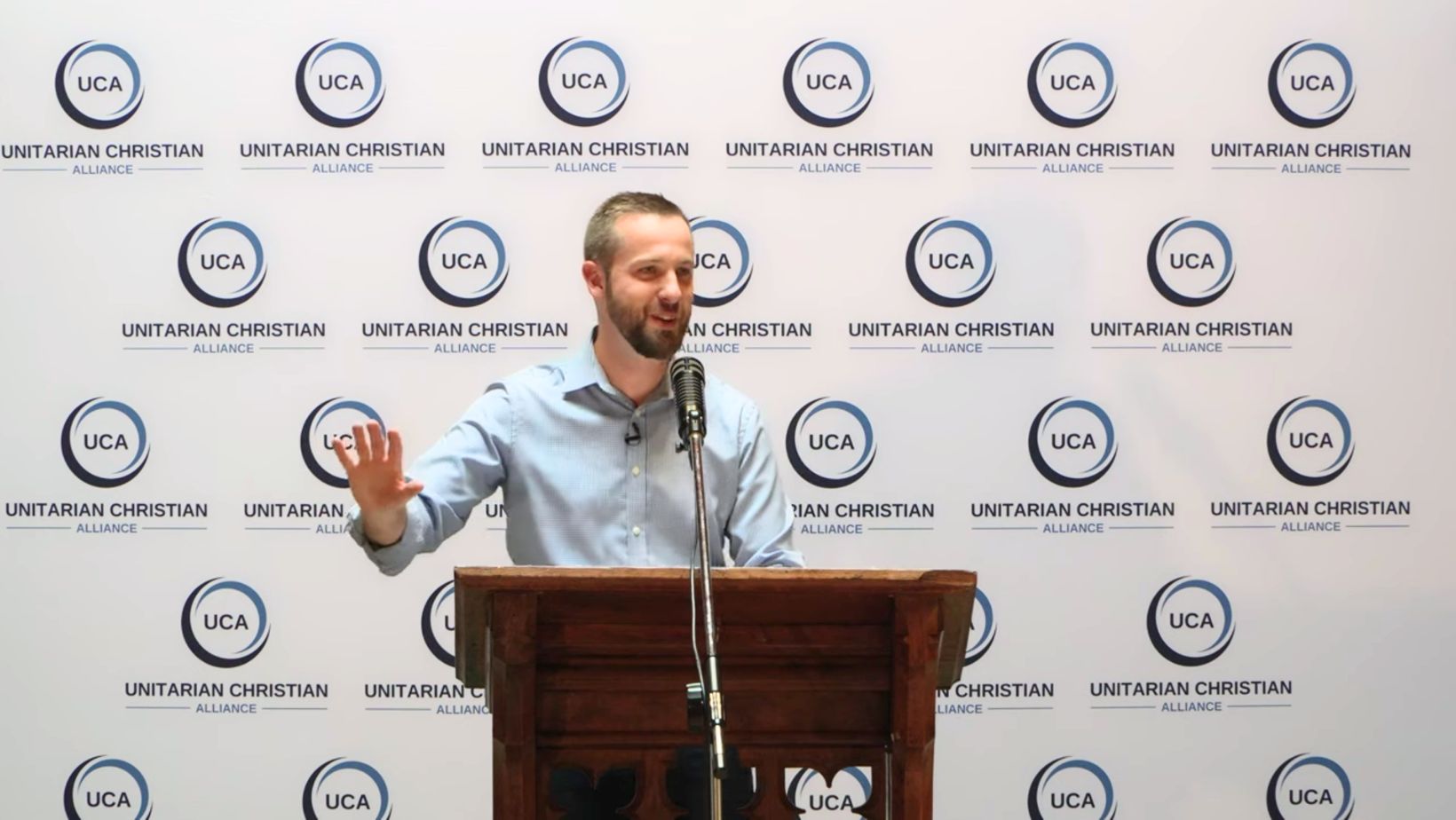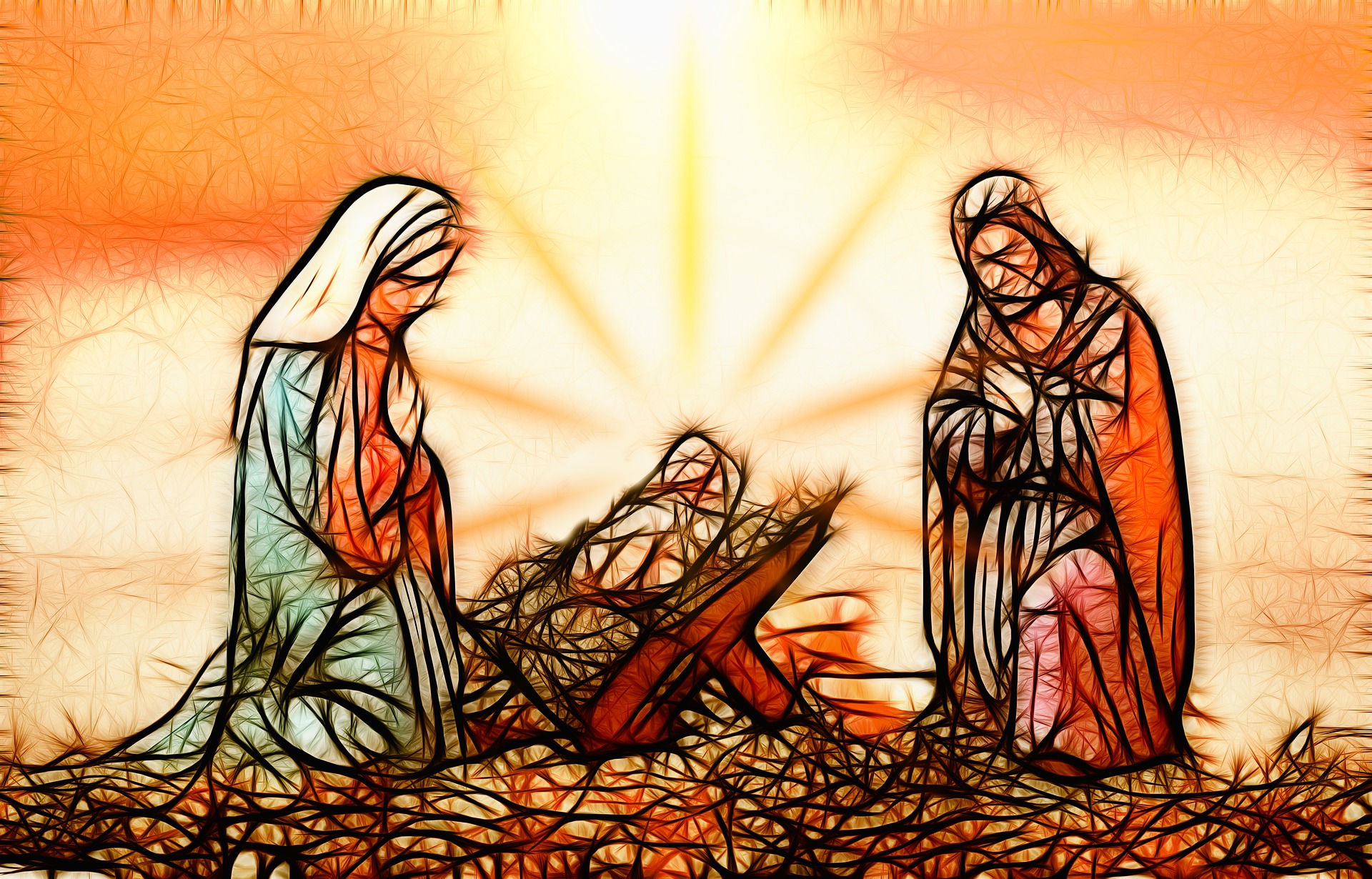Is it accurate to say that "God hung on the cross" or "God died for me"? That was the topic of co-host Dan's paper at the UCA Conference in July 2024. Watch the presentation and read more detailed responses to some of the questions to see why we think that it wasn't God on the cross.
Dan reviews Wisdom Christology in the Gospel of John, a book by Dustin R. Smith that seeks to open up the Jewish background to the fourth gospel. Smith argues that the wisdom literature of Proverbs and beyond is the basis for John's unique presentation of Jesus as the embodiment of God's wisdom. Find out more and get a glimpse into the research that goes on behind the scenes at Bible Feed as preparation for our podcasts!
Philippians 2:5-11 is often assumed to be about the incarnation of the Son, but does that stand up to scrutiny when you look at it in detail? We consider five reasons to doubt that interpretation.
In the dead of night, in the middle of the sea of Galilee under a ferocious storm, Jesus appears walking on the waves towards his disciples. He calms the sea and the boat is immediately at land and safety. It's no wonder that the disciples were amazed at this. What did this mean? If Jesus could control creation by walking on the raging sea, does that make him divine? Does walking on water show that Jesus is God?
Christmas is a time of joy and festivity, but the joy sometimes fades away much quicker than we would like. By turning attention directly to the birth of Christ, can we recapture something of a more permanent joy and rejoicing to help us through life with more optimism and hope?
When we are downcast and discouraged, is there anywhere we can turn to in order to feel valued again? And do Christianity and the Bible have any wisdom and encouragement to offer? Jesus directly addressed the "poor in spirit" in his famous Sermon on the Mount and it's just as relevant and powerful today as it was when he originally spoke those words.
It’s been trending for some time now. Christian deconstruction is a phenomenon that is hard not to notice. But once the deconstruction bug has bitten, is it possible to build a resilient faith back up again?
We are regularly reminded that the earth is in a dangerous state. The impact of waste, pollution, climate change and unsustainable living threaten to transform this planet. What should a Christian do? And does the Bible provide any kind of guidance on this issue? Will the earth be destroyed or will it survive?
Who is God addressing in Genesis 1:26 when he says "Let us make man in our image"? Is this evidence for the Trinity? Despite the verse often being used in this way, it doesn't take long to find some problems with this conclusion.
A recent survey puts a surprising number of American Christians outside orthodoxy in relation to the birth of Jesus and his supposed pre-existence. Is there a good explanation for this? Perhaps the straightforward narrative of scripture, and its teaching about the man Jesus Christ, is what sincere church-goers pick up on with good reason.










